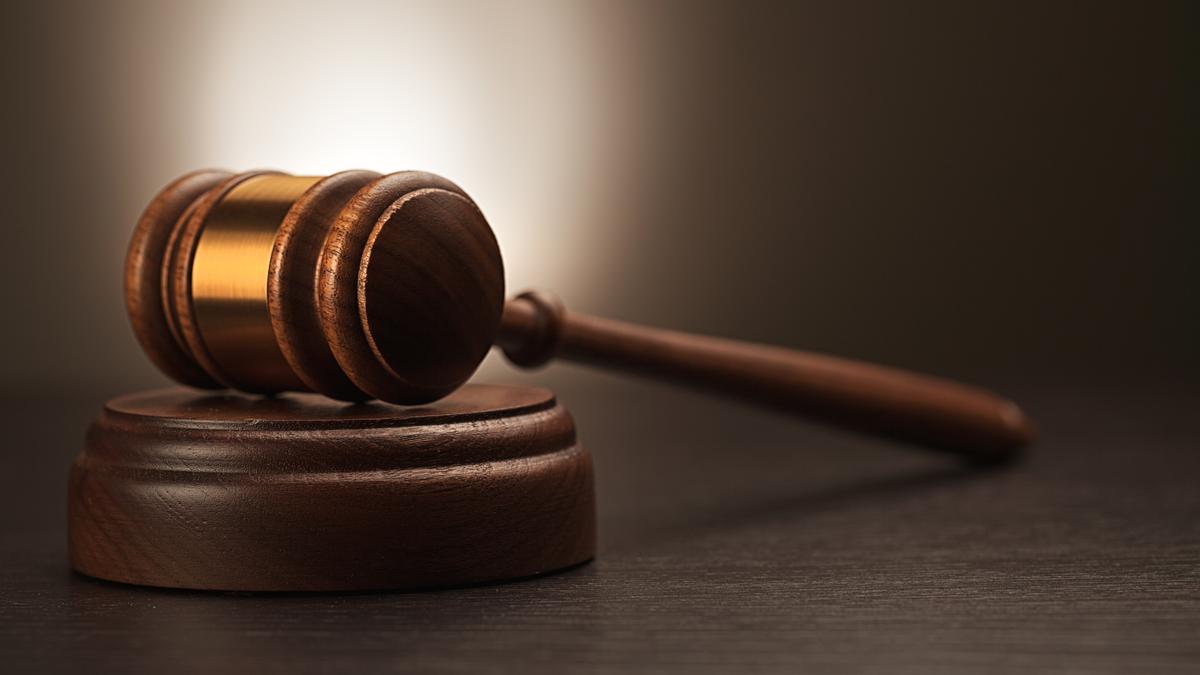



The Supreme Court's recent ruling on designating senior lawyers, despite aiming for reform, perpetuates systemic inequality within the legal profession. This classification, established by the Advocates Act, creates a "legal plutocracy" that undermines judicial democracy and favors a select few, making the justice system less accessible and egalitarian.

Copyright infringement not intended
Picture Courtesy: THE HINDU
The Supreme Court recently decided to refix the methodology and the criteria for designating lawyers as 'senior lawyers'.
The controversy originates from Section 16 of the Advocates Act, 1961, which divides advocates into two classes => Senior advocates and Other advocates.
Basis of Designation => The Supreme Court or a High Court can designate an advocate as "senior" based on their ability, standing at the Bar, or special knowledge in law.
Core Problem => Critics argue this classification is inherently discriminatory. It creates an elite group of lawyers, often leading to a concentration of high-profile cases and influence in the hands of a select few. This can make access to justice more expensive and create an uneven playing field.
Indira Jaising Judgments (2017 & 2023) => In response to a petition by senior advocate Indira Jaising, the Supreme Court in 2017 introduced a more structured, points-based system to make the process transparent and objective. This included a Permanent Committee to assess candidates and an interview process. However, these guidelines were later found to be subjective and flawed.
Jitender @ Kalla vs State (Govt.) of NCT Of Delhi (2025) => The Supreme Court decided to overhaul the designation process yet again.
Must Read Articles:
SENIOR ADVOCATES ARE DESIGNATED BASED ON UPDATED
Source:
|
PRACTICE QUESTION Q. The proposal for an All-India Judicial Service (AIJS) has been debated for decades. Analyze the potential advantages and disadvantages of establishing an AIJS for the subordinate judiciary. 250 words |




© 2026 iasgyan. All right reserved